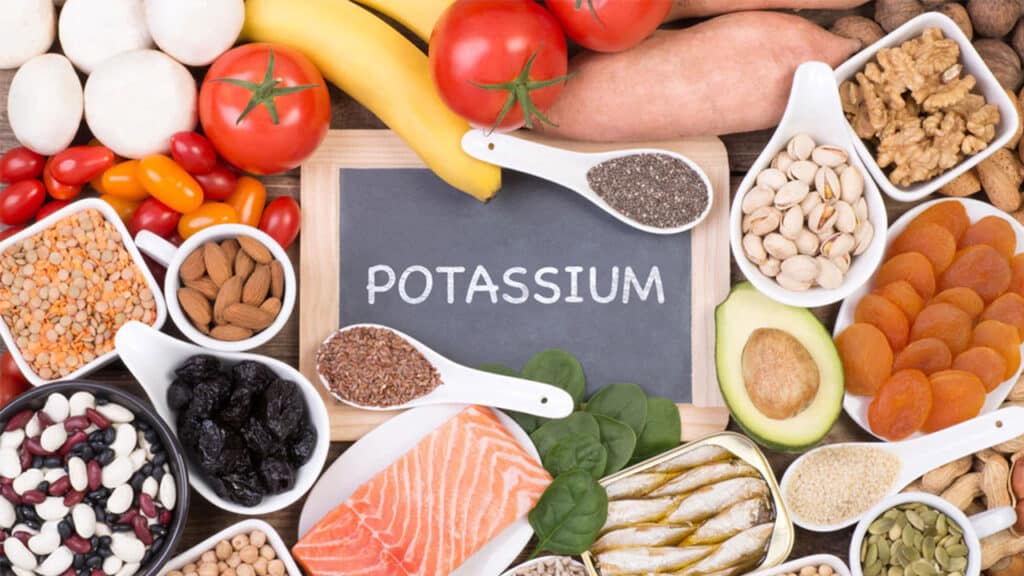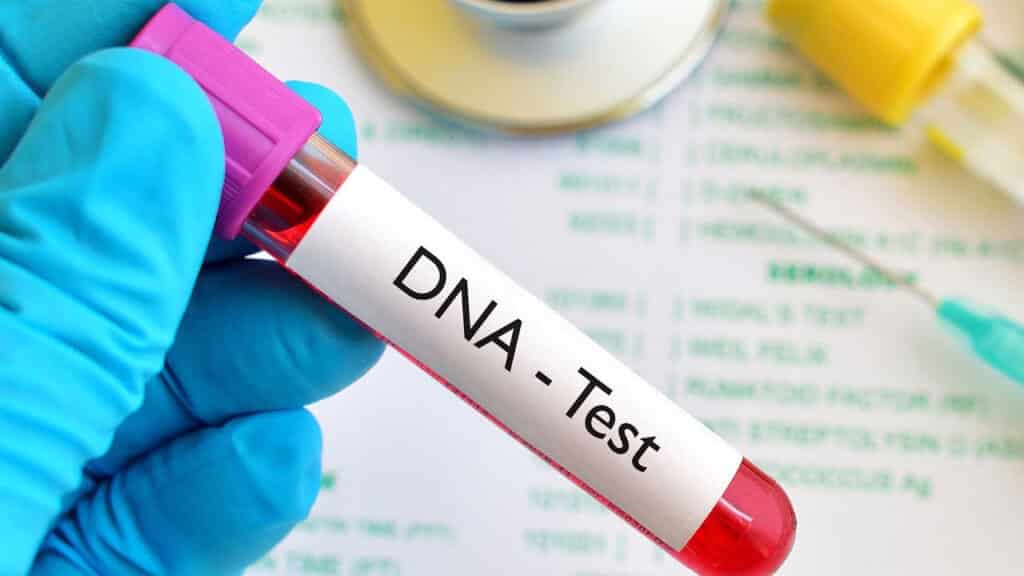Electrolytes
You may have noticed a trend in recent years. A bottle of water is not just a bottle of water; it’s a bottle of water with added electrolytes. The label says this like it’s a good thing, but do you actually know what electrolytes are and if they’re as important as people say? Electrolytes, perhaps […]










